20. Black Panther
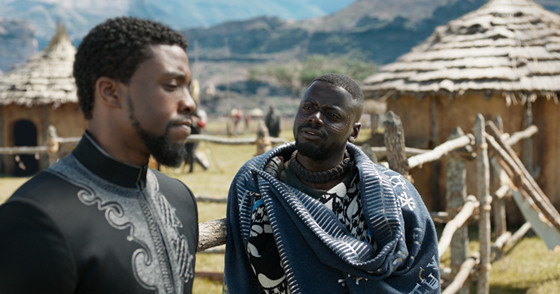
Chicago Sun-Times critic Richard Roeper excitedly called Ryan Coogler’s Marvel Studios debut “one of the best superhero movies of the century […] If you appreciate finely honed storytelling with a Shakespearean core; winning performances from an enormously talented ensemble; provocative premises touching on isolationism, revolution and cultures of oppression, and oh yeah, tons of whiz-bang action sequences and good humor – then you should see Black Panther.”
Largely set in the fictional (and eye-poppingly breathtaking) African nation of Wakanda, T’Challa, aka Black Panther (Chadwick Boseman), has returned to take his rightful place as king. With the arrival of a powerful new enemy, Erik “Killmonger” Stevens (Michael B. Jordan)––easily amongst the most compelling villains in all the Marvel Universe––these two adversaries are drawn into deadly conflict that will land not just Wakanda, but the entire planet, in peril.
Colorful, kinetic, and more thought-provoking than the last dozen superhero movies, Black Panther is a seriously relevant, and engaging blockbuster that brims with ideas worth debating. This is the best and most absorbing Marvel movie to date, period.
19. Shoplifters
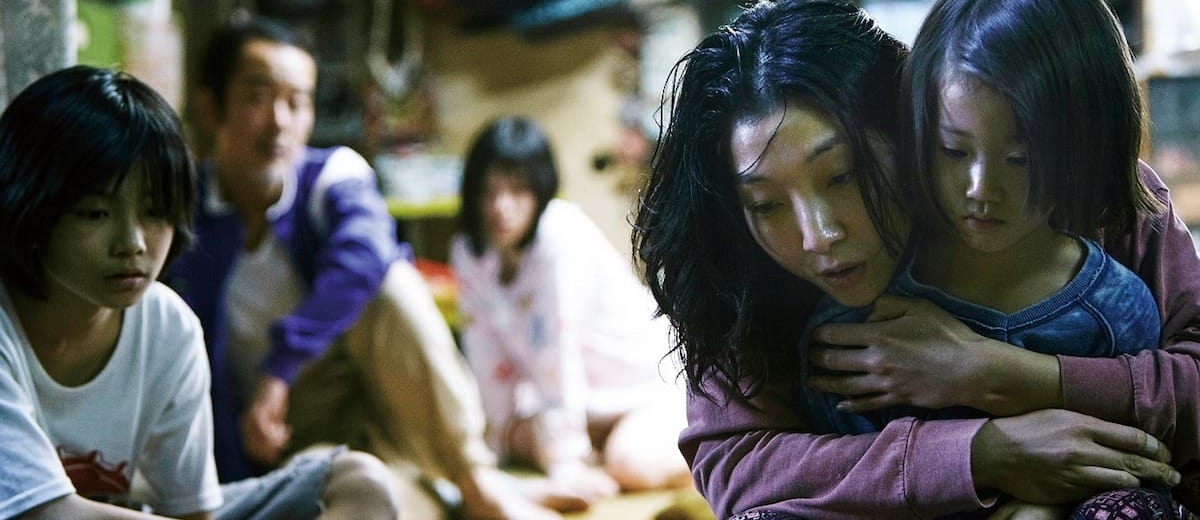
“This is a film that steals in and snatches your heart,” writes the Daily Telegraph’s Robbie Collin. Winner of the Palme d’Or at Cannes 2018, VIFF favorite Kore-eda Hirokazu (Like Father, Like Son [2013], After the Storm [2016]) returns with this heartbreaking film about crime, love, and family.
Sasaki Miyu plays a little girl found alone in the cold by Osamu (Lily Franky) and Shota (Jyo Kairi), and they take her home for a hot meal. After it becomes clear that the girl is an abuse victim, she is welcomed into the Shibata family. And though they are very poor, they are loving and happy, but can their happiness last? And having to resort regularly to theft to survive, will it all come crashing down?
Always a sensitive and nuanced filmmaker, Kore-eda’s films offers genuflections of love, subtle visual splendors, superb and utterly convincing performances and a rich portraiture of humanity that ranks with the director’s finest works.
18. Summer 1993
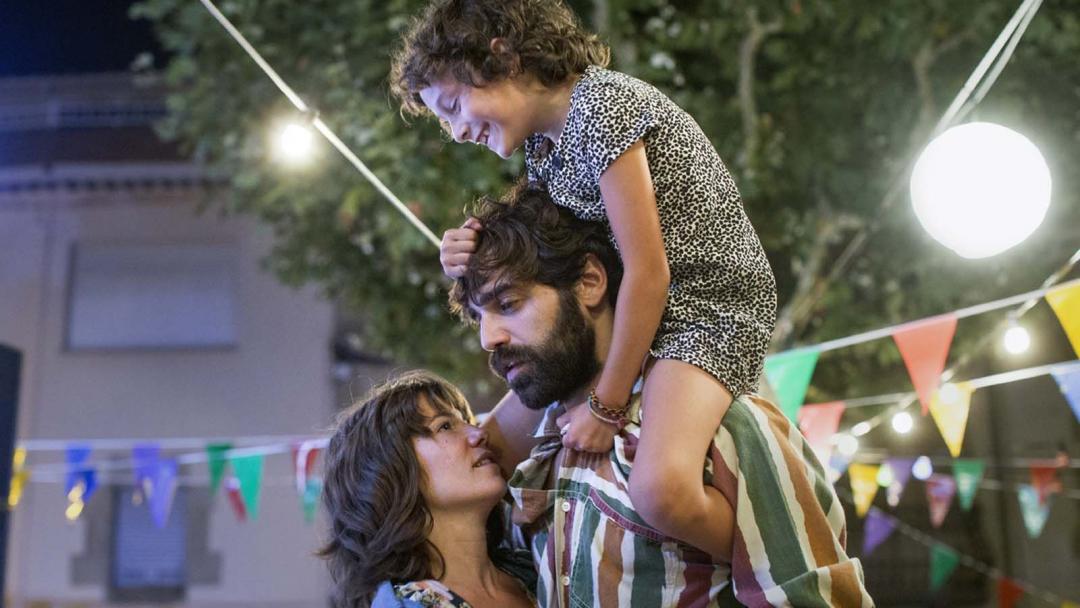
Subtle, touching, but never maudlin, Catalin writer-director Carla Simón’s Summer 1993 is a nuanced film about childhood and, more specifically, a young girl’s apprehension of devastating personal tragedy.
Six-year-old Frida (Laia Artigas) stares in helpless silence as the last possessions of her recently deceased mother are packed away into boxes and she bids a bitter farewell to the Barcelona apartment they shared. A victim of AIDS, Frida tries to get her head around the fact that she will never see her mother again, even though her aunt, uncle, and young cousin have taken her in and have a new home and life for her in the bucolic Catalan countryside.
Artfully employing an unobtrusive camera, Simón, who based much of Summer 1993 on her own personal experiences, also bays somewhat at the heels of Victor Erice (The Spirit of the Beehive [1973]), and Maurice Pialat (Naked Childhood [1968]), who’s influence mark much of the film.
Summer 1993 is an aching song of delicacy, purity, and restraint, and the results are a vibrant, in spite of the heartache at its core. Simón, who is cresting a wave of Catalin women directors, and her naturalistic style and sensibilities ensure a great career ahead of her, and this is her first small-scale masterwork.
17. Sorry to Bother You
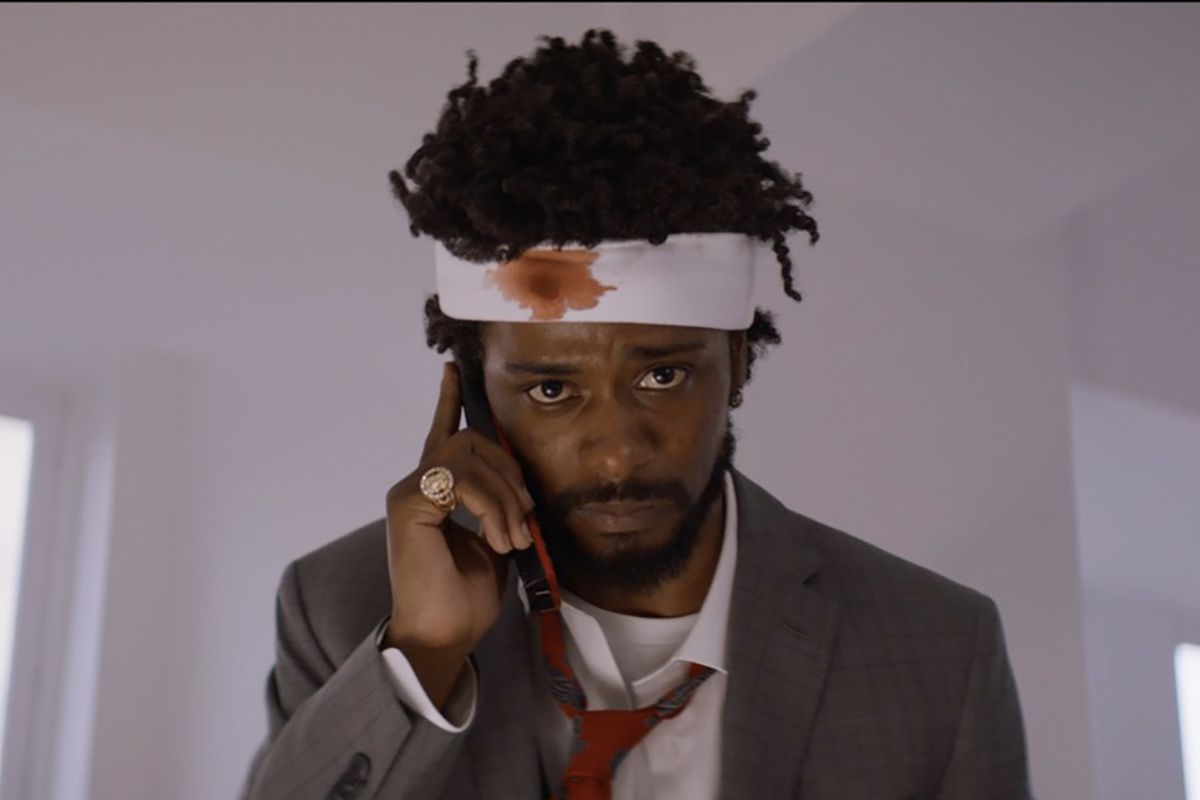
Boots Riley’s hilarious and dangerous feature debut Sorry to Bother You is an absurdist comedy––all provocation––about capitalism, gender, politics and race. Lakeith Stanfield (Get Out [2017]) is Cassius Green, a telemarketer for RegalView, who’s finding it hard to make ends meet until an unexpected mentor named Langston (Danny Glover) shares the secret to his success.
Riley’s social commentary works in part due to the strong cast (which includes Tessa Thompson, Terry Crews, Armie Hammer, Forest Whitaker, and the vocal talents of David Cross, Rosario Dawson, Lily James and Patton Oswalt) and a premise so out there mad that it will make your mind reel.
“Riley dramatizes outrageously complex machinations of predatory greed and depraved misrule-and offers a passionate, joyous vision of resistance,” wrote The New Yorker’s Richard Brody, nailing it perfectly. If you’re of the opinion that 2018 was lacklustre as far as clever comedy is concerned, well we’re sorry to say, you must have missed Sorry to Bother You.
16. Hereditary
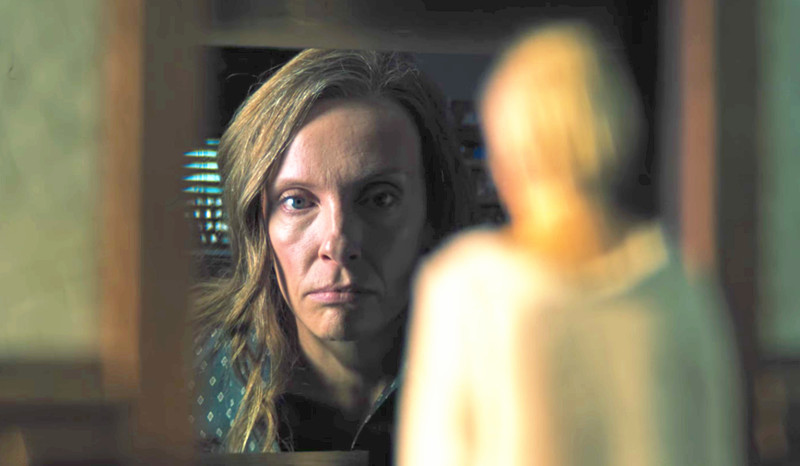
As prestige horror, writer-director Ari Aster makes a stirring and unforgettable debut with Hereditary, which also makes for one of the most discomfiting portrayals of family dysfunction you’re likely to ever see.
“In its seriousness and hair-raising craftsmanship, Hereditary belongs to a proud genre lineage,” writes the A.V. Club’s A.A. Dowd, adding “a legacy that stretches back to the towering touchstones of American horror, unholy prestige-zeitgeist classics like The Exorcist and Rosemary’s Baby.”
After the death of her reclusive grandmother, Annie Graham (Toni Collette) starts to see her family unravel as their mysterious past meshes with their chaotic and ever-fracturing present. Aster offers an unpredictable horror film that begins like a familiar haunted house movie before spiralling into the underworld; a vision so bleak, bloody, and compelling that fans of Ben Wheatley’s Kill List (2011) will be pumping their fists, when not cowering behind their popcorn, of course.
Shot with a meditative pace, one punctuated with deliberate camera movements and several, standout long takes (Kubrick comparisons will be unavoidable, but there’s much more emotion here), not to mention an absolutely chilling score from Colin Stetson, Hereditary builds and builds to the kind of Grand Guignol go-for-broke climax fright fans often ask for but so rarely receive. Not only does this film deliver genuine chills and thrills, it’s all done in a languid, artful measure that will have you crawling out of the theater afterwards in an awed daze. It’s the real deal and you’ll probably never look at dioramas the same way again, ever.
15. Climax

Argentinian enfant terrible filmmaker Gaspar Noé (Enter the Void [2009]) may now at long last finally have his masterpiece with Climax, an unimaginably beautiful nightmare mixture of ecstatic dance and horror most extreme. An absolutely mindblowing, and occasionally frustrating experience, Climax is as detailed and delirious as an Hieronymus Bosch hellscape.
Part Busby Berkeley’s 42nd Street dance numbers and part Pier Paolo Pasolini’s infamous Salò, the film hits its dizziest heights early on (and intentional joke or not, it does seem to prematurely pop).
After a hasty, though fairly engaging introduction to our cast of characters, members of a hip-hop dance troupe in 1996, we witness a whirlingly choreographed dance sequence in their rehearsal space, set to pulsating era-appropriate EDM and shot in a single, staggering, trance-inducing take.
To say that it’s riveting feels too basic, it’s an all-consuming feat of strength, and probably the most engrossing dance number you’ve ever borne witness to. So many different dancing styles coalesce; krumpers, voguers, and wackers, and all with an astounding fluidity, energy, and grace, it’s druggy just to take it all in. Wow.
But before long the film moves from Saturday Night Fever-style dance drama to full-on drug horror as the troupe comes to realize someone has spiked their celebratory sangria with some obscenely high-dose LSD.
Yes, there were walkouts at both VIFF screenings I attended, and they weren’t unwarranted given the dark and degenerate eruptions of terror––trigger warnings abound––but for the very brave or perhaps the youthfully naïve, Climax is a shocking and sinister pièce de résistance.
14. Isle of Dogs
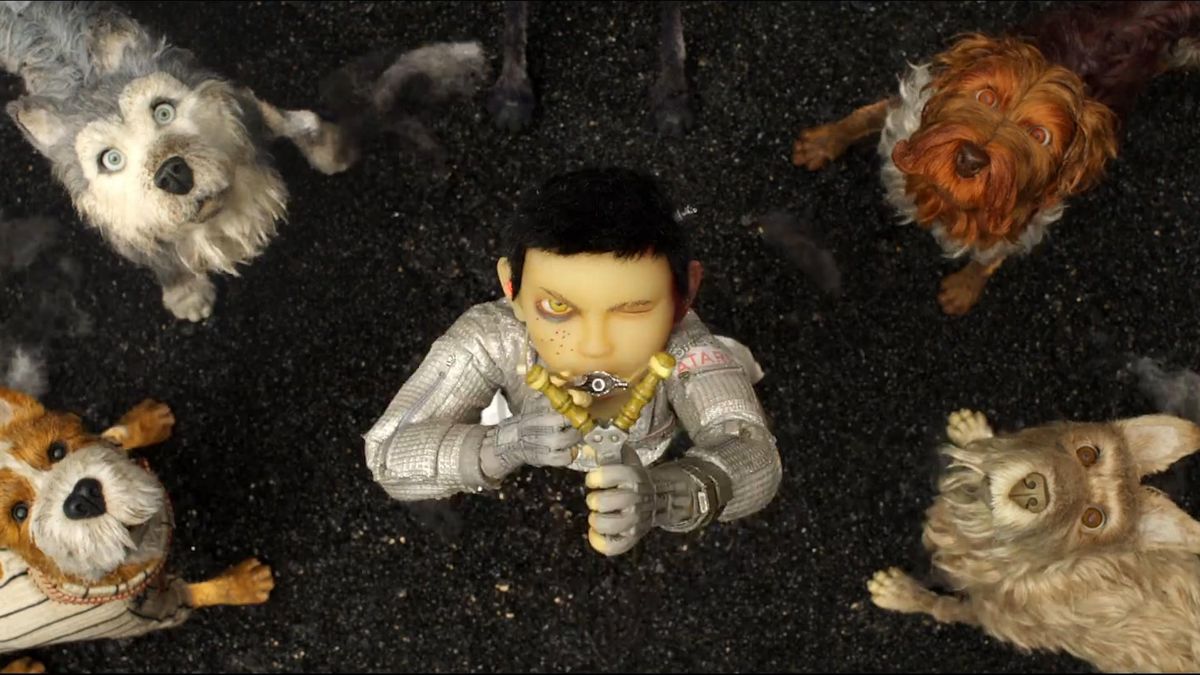
Densely packed with sly details, and understated hilariousness at every turn, Wes Anderson’s stop-motion marvel Isle of Dogs is also, surprisingly, his most serious film to date. Influenced most notably by the Japanese cinema of Akira Kurosawa and Honda Ishiro, and set in a near-future Japan where dogs are exiled to an offshore garbage dump following a canine-flu outbreak. This absurdist comedy may be an acquired taste, but for the Anderson cult, of which I’m a card-carrying member, this movie is catnip.
Winning and winsomely charming, Isle of Dogs is also equal parts Nick Park (The Wrong Trousers [1993]) and Jan Švankmajer (Alice [1988]), that follows the atypical Anderson milieu of non-linear storytelling in an episodic, chapter-derived fashion that’s aided and abetted by an all-knowing omniscient narrator (Courtney B. Vance). The voice cast is a veritable who’s who of the Anderson actor repertoire (Bob Balaban, Jeff Goldblum, Frances McDormand, Bill Murray, and Tilda Swinton amongst them), the score from Alexandre Desplat is a work of wonder unto itself, as is the meticulous production design from Paul Harrod and Adam Stockhausen.
Isle of Dogs is wonderful escapist fantasy for all but the most jaded of cynics, and if you’re an Anderson fan, it’s sure to be one of your favorites in his deliberately, delightfully oddball oeuvre.
13. The Favourite
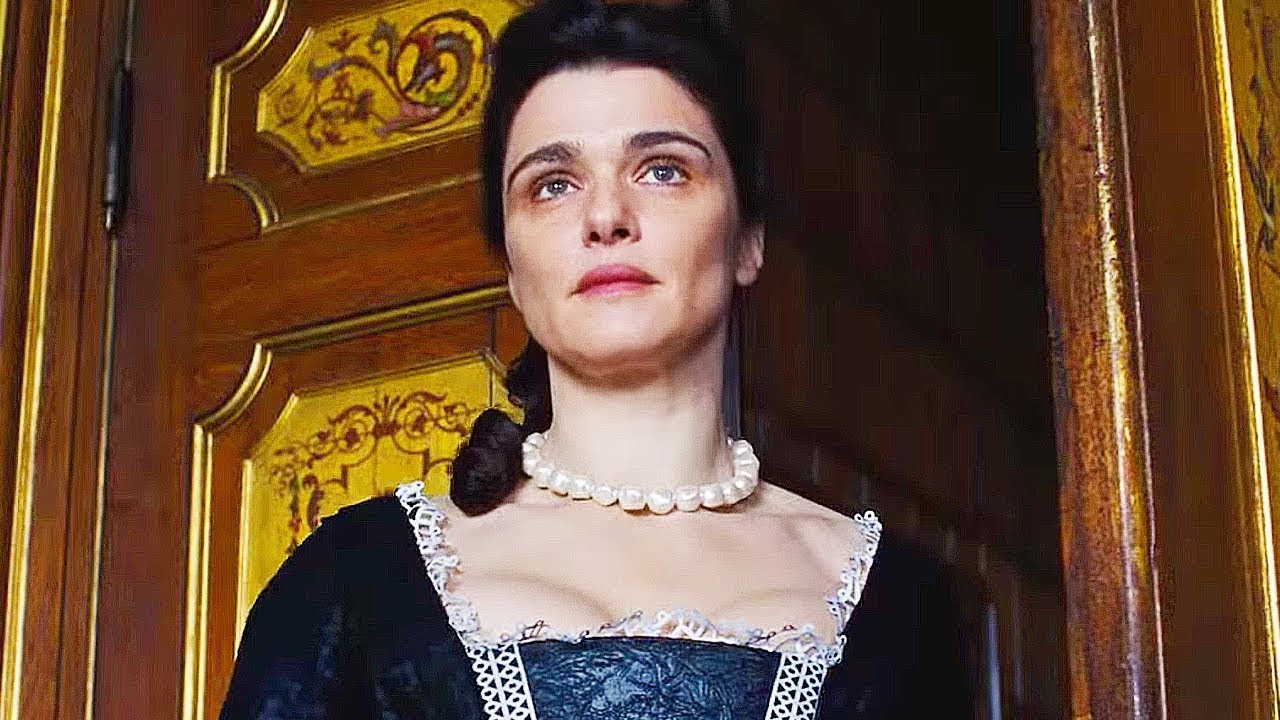
Yorgos Lanthimos (The Lobster) does it again, adding yet another absurdist gem to a collection that shows no sign of slowing down in quality and fanfare. In The Favourite, he reimagines the reign of Queen Anne and the periodically playful, somewhat sexy competition between her two ladies-in-waiting, Lady Sarah Duchess of Marlborough (Rachel Weisz) and her cousin Abigail (Emma Stone).
Avoiding the common pitfalls of the set-up, Lanthimos manages to earn sympathy for each of the characters, no matter how low they’re willing to go – if only because they’re doing it to survive. It’s easy to cheer on every player when the game is as cutthroat as the 18th century could be, especially for women.
Lanthimos loosens the corset strings in the most surprising ways, creating room to breathe in a period piece that could have been stuffy and heavy-lidded. Every frame is a treat for the eyes and its razor-sharp comedy and precise editing delivers a near-perfect film that is not soon to be forgotten. – Becky Bezile.
12. Annihilation
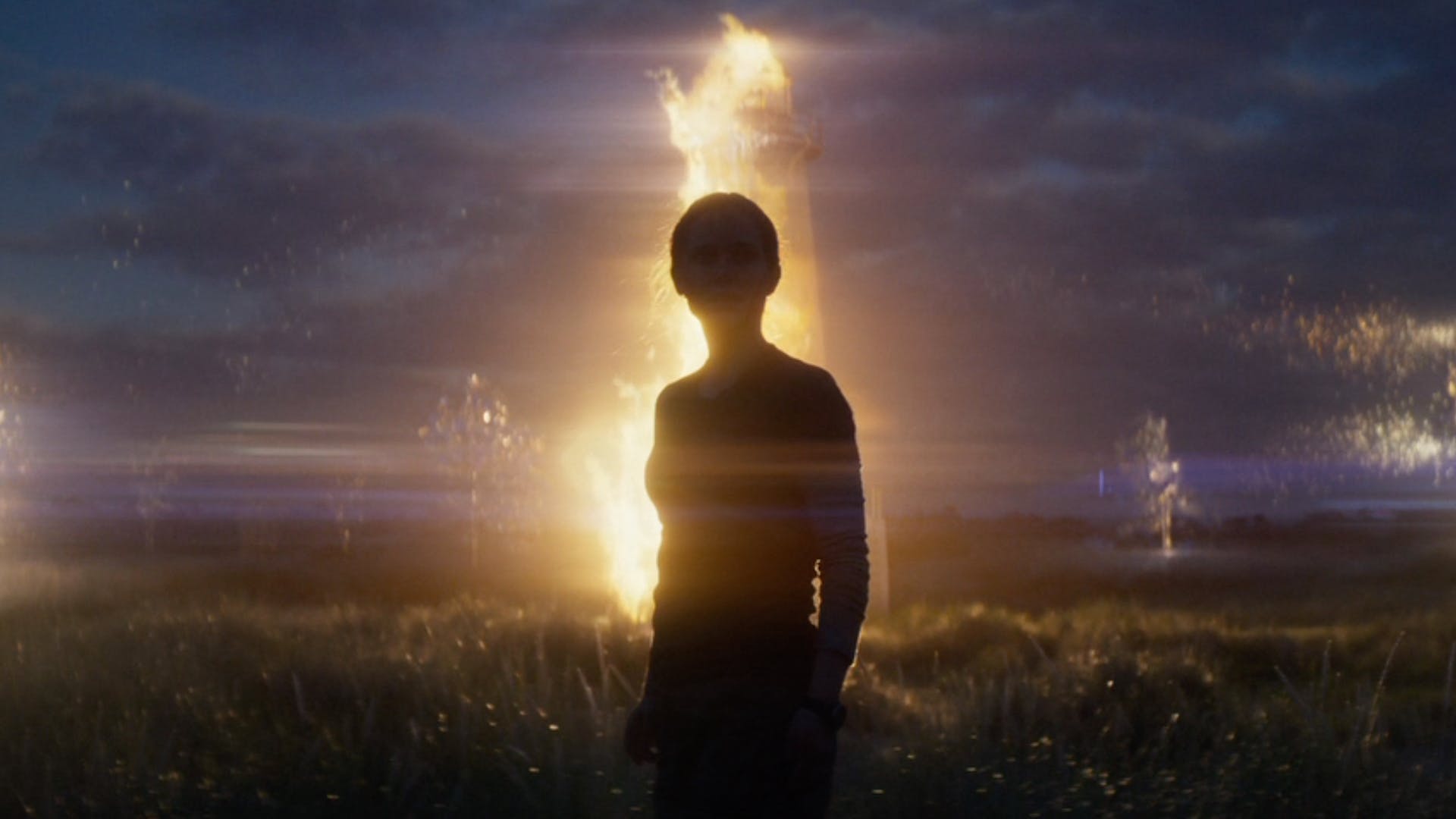
Profoundly unsettling and deeply imaginative, Alex Garland’s Annihilation, adapted from the first book in Jeff VanderMeer’s brilliant best-selling “Southern Reach Trilogy” (2014), presents adventurous viewers with a frequently hypnotic and sporadically heady miscellany of grandiose ecological parable and nerve-racking survival tale in a deep sci-fi skien.
Lena (Natalie Portman), a grieving biology professor and former U.S. Army soldier, is part of an all-female reconnaissance outfit sent into a top secret stretch of North American coast where something alien has altered the environment and nature has gone berserk; plantlife has grown into gorgeous and sinister floral forms and humanlike shapes; mutated beats, some seeming prehistoric, others like a Miyazaki fever dream, travel the timbers and marshlands down the coast.
This environmental territory, with startling shades of Chernobyl and Fukushima Daiichi, is in a frightening flux as its boundaries keep mushrooming. Lena and the rest of her unit, not at all the first reconnaissance team to lose their way trying to penetrate this strange southern zone, startlingly realize that their mental and emotional faculties are also socked in and uncertain.
Annihilation is a world of weird fiction; of dead husbands and daughters, of doppelgängers, waking dreams, monstrous rogue bears capable of ghastly human mimicry, mutated hyacinths that scion to the skin, and far more menacing eventualities that disquiet and demolish the human mind.
11. Mandy

Panos Cosmatos follows up his Cronenberg-inflected sci-fi thriller Beyond the Black Rainbow (2010) with Mandy, a deeply personal film entwined in the most hallucinatory, messed up, heavy-metal-meets-80s-movie-mashup packaging imaginable. And when we say 80s movies, we’re talking Blue Velvet, Evil Dead 2, and Hellraiser here.
Set in 1983 somewhere in the Pacific Northwest near the Shadow Mountains, Red Miller (an absolutely insane Nic Cage) and his fantasy-obsessed artist girlfriend Mandy Bloom (Andrea Riseborough, brilliant) eke out a peaceful existence. But their idyll is short lived in this ultra-violent fantasy of revenge and bloodlust.
Conventional definitions of good and bad go by the wayside, but it feels like Cosmatos has made exactly the kind of uncompromising, obsessive, stoner prayer to the church of psycho cinema he’s always dreamed of.
Cage is gloriously off the chain, inhabiting a blood-speckled world of alien sunsets, King Crimson forests, Christ-dreading demon bikers, drug-crazed freaks, psychedelic insects, and Cheddar Goblins. Bolstered by a haunting Jóhann Jóhannsson score, stunning visuals (including some astounding animated dream sequences), Mandy is an extreme genre journey that beautifully weds grindhouse and arthouse in startling and stunning ways. Miss this movie at your peril.